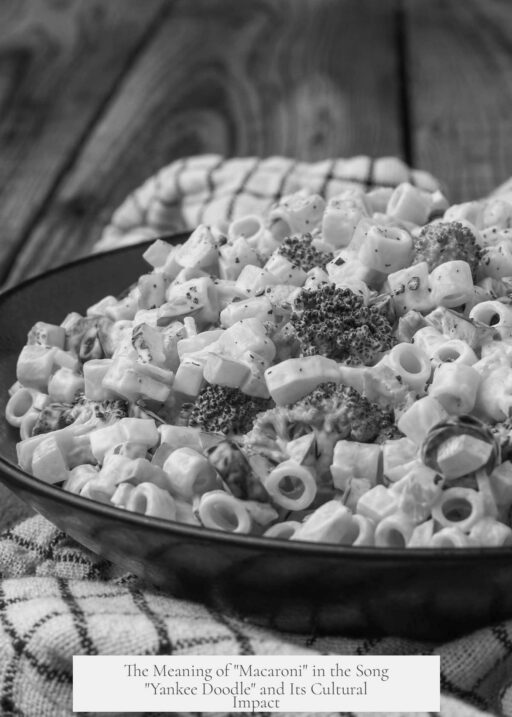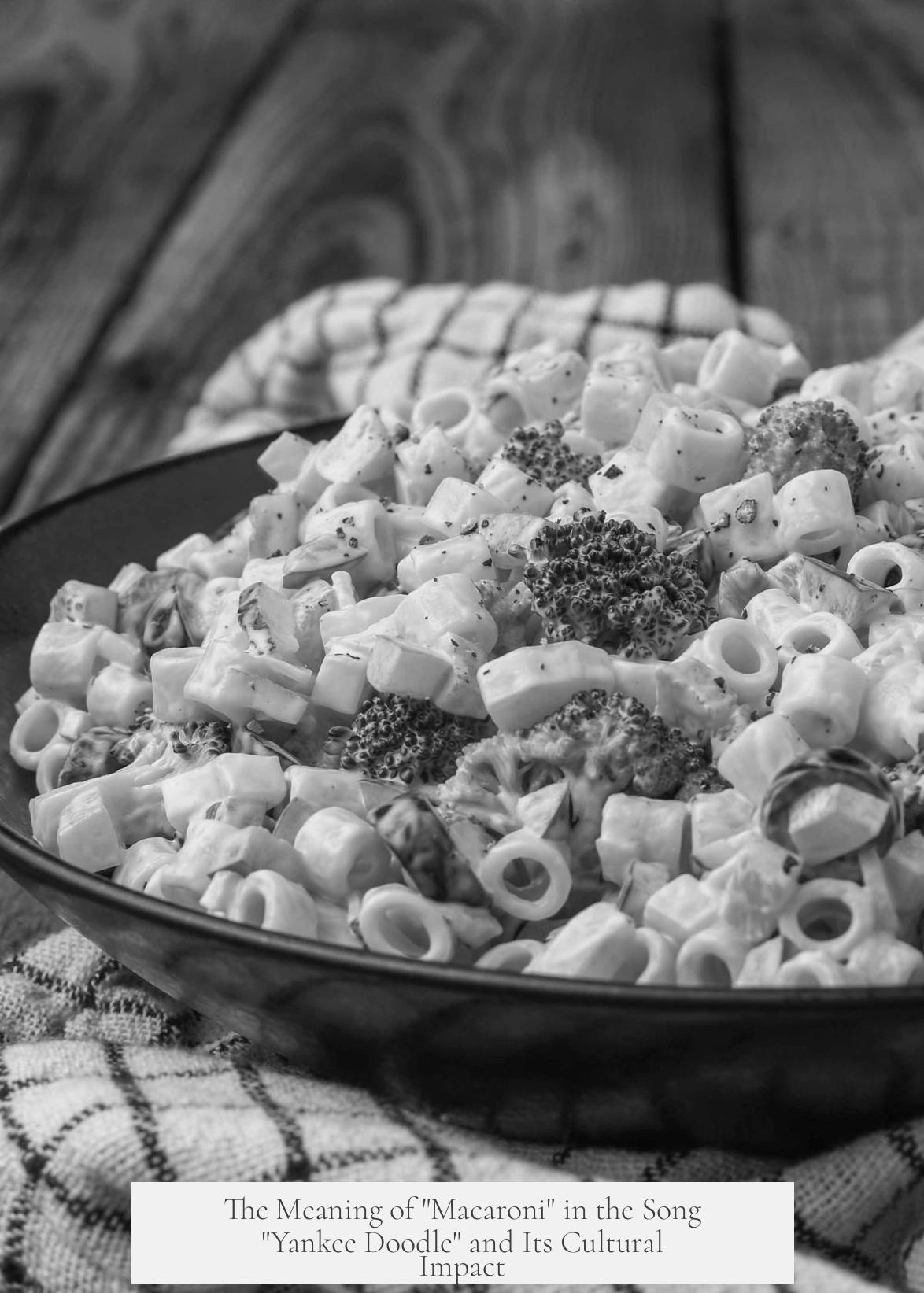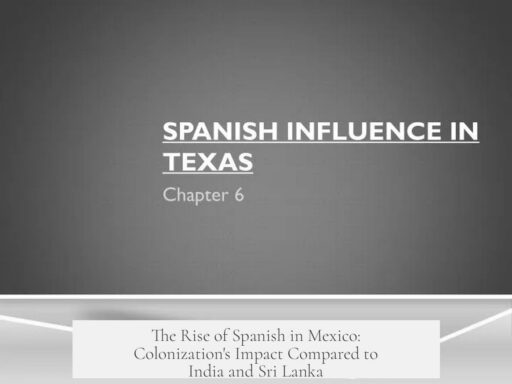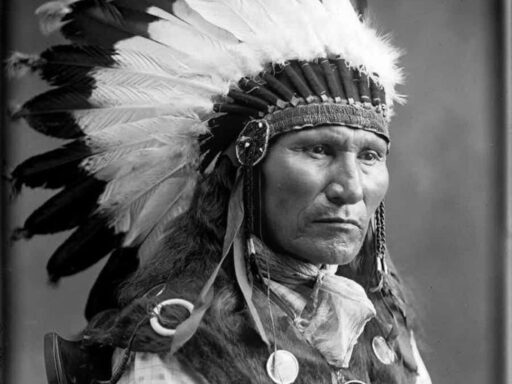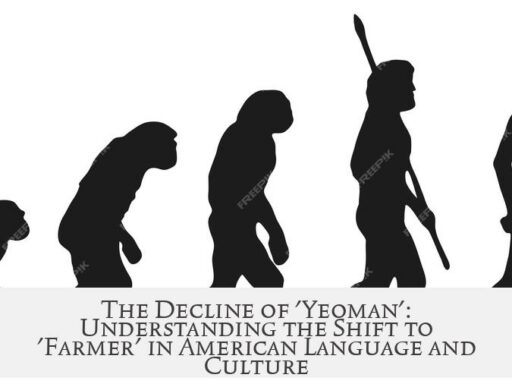In the song “Yankee Doodle,” the word “macaroni” refers to a fashionable and extravagant style associated with certain young British men of the 18th century, who were known as “Macaronis.” These men adopted continental European fashions and manners that were seen as excessive and effeminate by their contemporaries. The term “macaroni” in the song mocks the idea that merely adding a feather to a hat would make a person stylish or sophisticated enough to be a true macaroni.
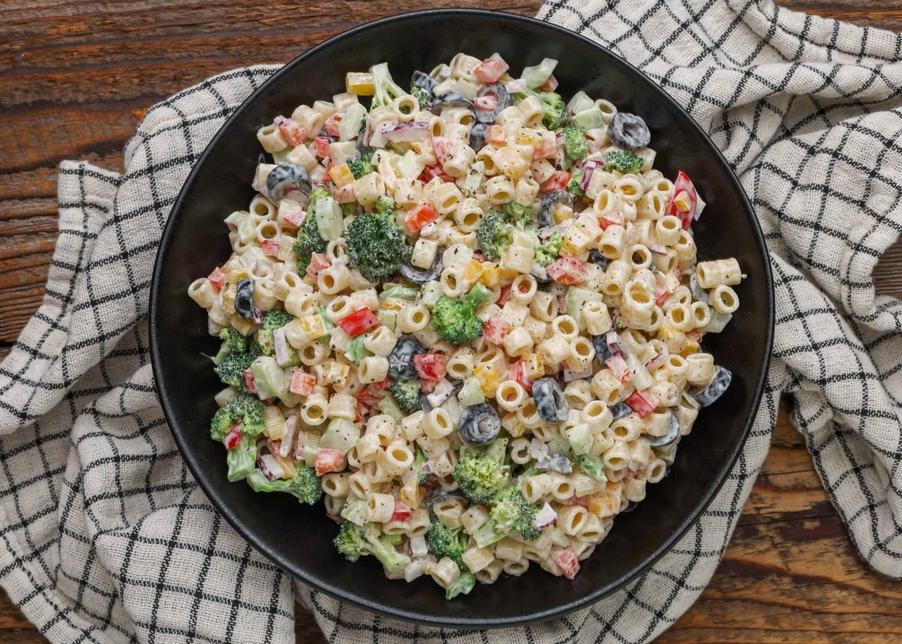
The historical context of the term “macaroni” stems from the 18th-century British Grand Tour, a cultural rite of passage for wealthy young men traveling through Europe. Many of these travelers, especially those who reached Italy, developed a taste for continental fashion and lifestyle, which was then deemed exotic and unconventional back in England.
The Macaroni Club, formed by these Grand Tour participants, became a symbol of this preference. The name “macaroni” itself linked these young men with Italian culture, referencing a popular Italian pasta, which was exotic and fashionable at the time.
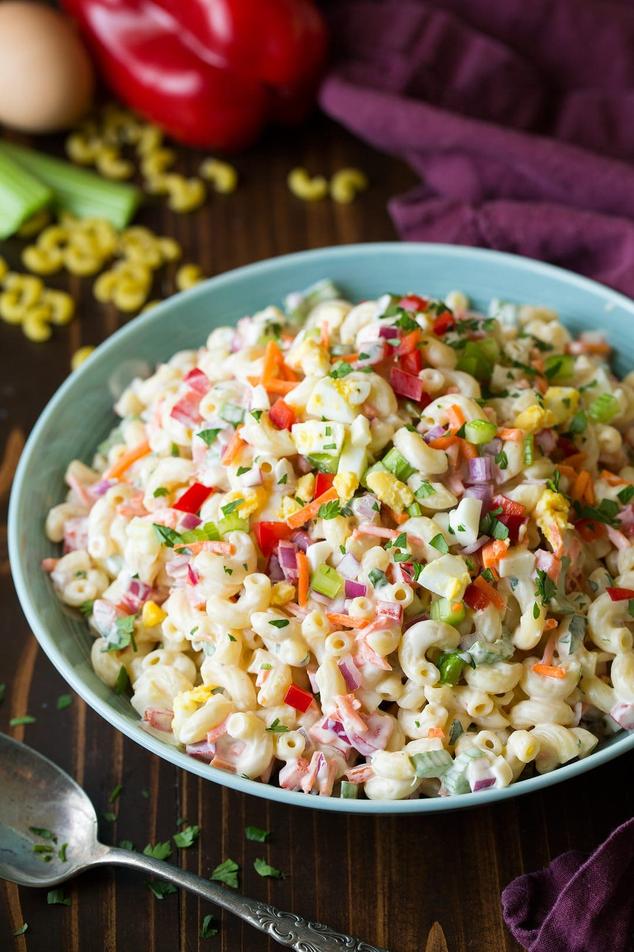
- Horace Walpole’s 1764 letter defines macaronis as young men with long curls and an obsession with fashion accessories like spying-glasses.
- They exhibited delicate manners and flamboyant dress that challenged traditional English masculinity, which valued practicality and restraint.
- The macaroni style was often satirized in cartoons and plays due to its perceived effeminacy and foreign affectations.
In “Yankee Doodle,” the lyric implies that the American “Yankee” naively believed that simply sticking a feather in his cap would elevate him to the same fashionable status as a macaroni. It ridicules the colonial figure as unsophisticated and out of touch with true style and fashion.
This caricature highlights the clash between English notions of fashion elitism and colonial simplicity. Macaronis were viewed as elitist and pretentious, in contrast to the straightforward, rugged image of English and colonial men.

| Aspect | Description |
|---|---|
| Macaroni | Foppish young English men adopting continental European (especially Italian) fashion. |
| Grand Tour | Educational journey through Europe by wealthy young men, leading to macaroni fashion. |
| Yankee Doodle usage | Mockery of naive colonial fashion attempts by likening them to macaroni style. |
| Satire | Macaroni fashion depicted sarcastically for effeminacy and foreignness. |
- “Macaroni” in the song mocks colonial naivety about fashion.
- It references an 18th-century British subculture known for extravagant style.
- The term highlights cultural divides in fashion and masculinity in the period.
In the Song “Yankee Doodle,” What Does the Word “Macaroni” Refer To?
In the song “Yankee Doodle,” the word “macaroni” refers to an extravagant style of fashion and manners adopted by a clique of young British men who had traveled abroad, especially to Italy, and returned home flaunting their exotic tastes. But what exactly does that mean? And why was the word used in a seemingly silly children’s tune? Let’s unravel the fascinating, sometimes snarky, history behind “macaroni.”
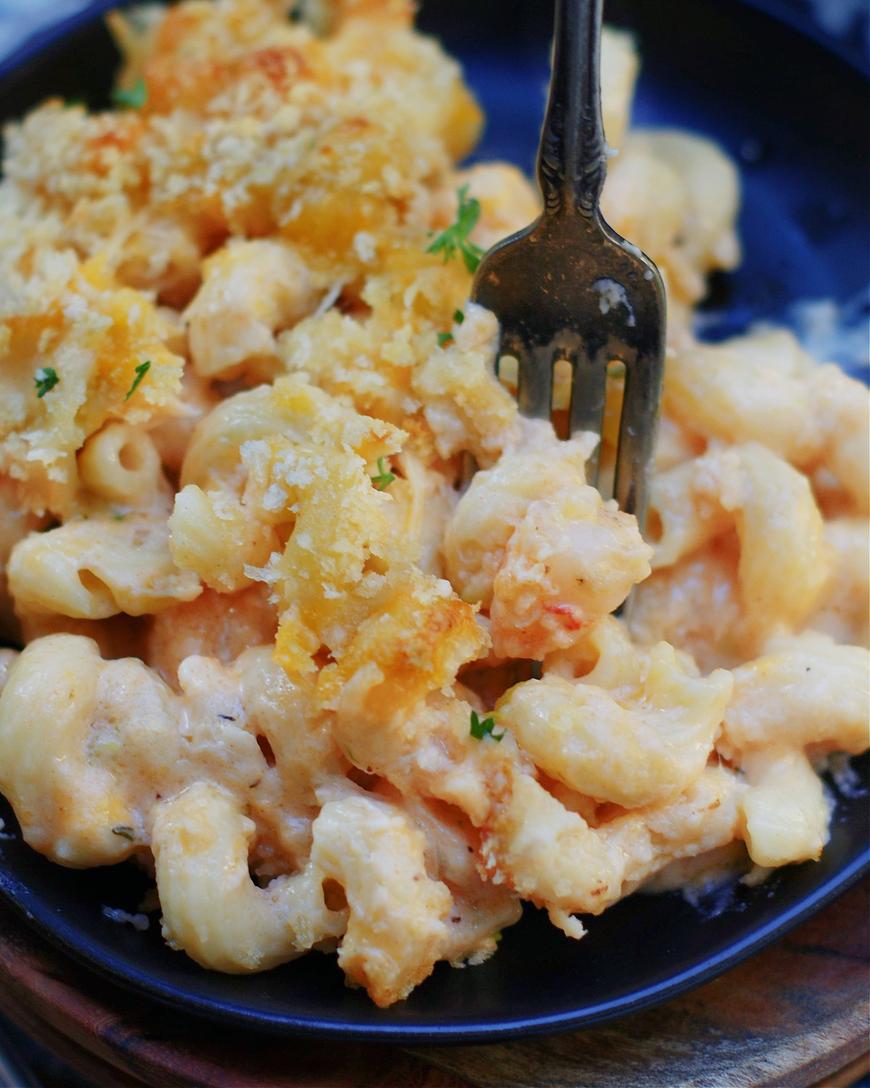
You might sing “Yankee Doodle went to town, riding on a pony; stuck a feather in his cap, and called it macaroni” at a family picnic, but the word “macaroni” packs a rich backstory, full of cultural snobbery and social pokes.
The Macaroni Phenomenon: Fashion Avant-Garde or Just Fancy Pants?
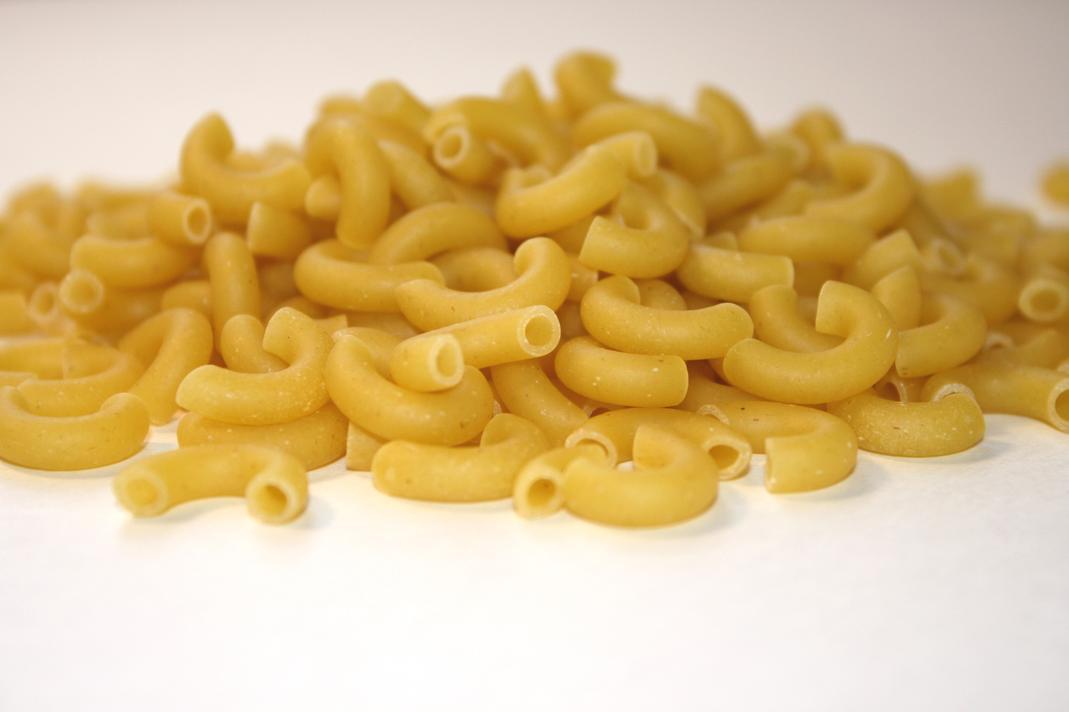
Back in the late 17th to early 19th centuries, young wealthy British gentlemen embarked on what was called the Grand Tour. Think of it as a rite of passage or early European backpacking—but with more powdered wigs and silk stockings. These tourists soaked up the culture of France, Italy, and other continental hotspots.
Now, not every fella could claim the full Grand Tour experience, but some who did formed a kind of in-crowd called the “Macaroni Club.” The name wasn’t just about pasta; it was a nod to Italian style, particularly an over-the-top fashion sense these gents adopted. This club was exclusive in every sense — if you hadn’t traveled to Italy, you had no business being in their circle or knowing what “macaroni” meant.
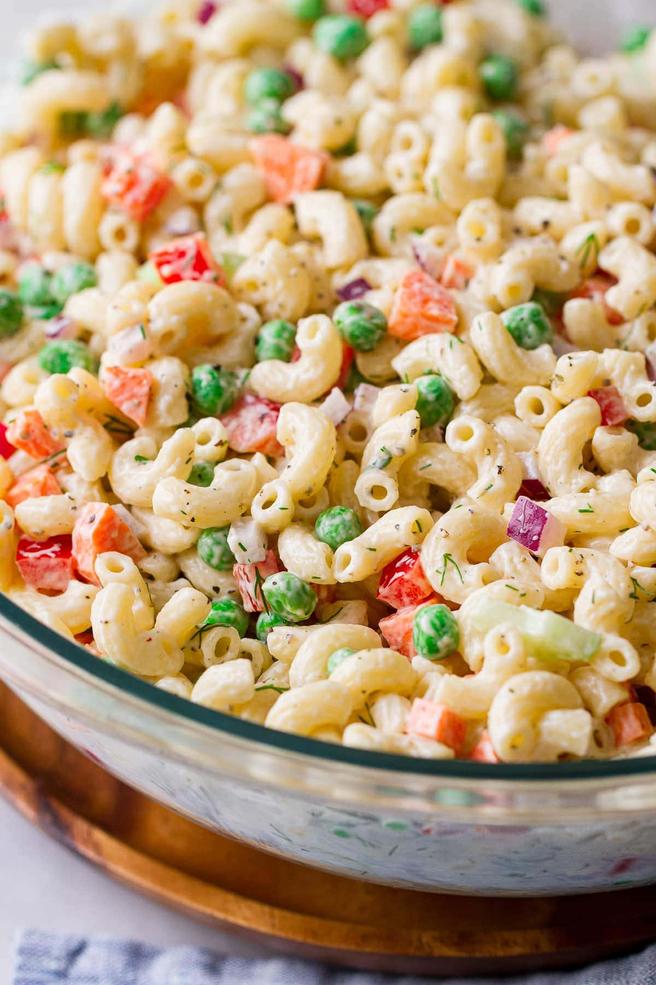
So “macaroni” became shorthand for a style that screamed, “I’m worldly and fancy because I’ve seen Europe!” It meant flamboyant clothing, towering hairstyles, and an almost theatrical flair. By the way, not everyone thought this was cool.
From Travel Pride to Punchline: Macaronis in English Society
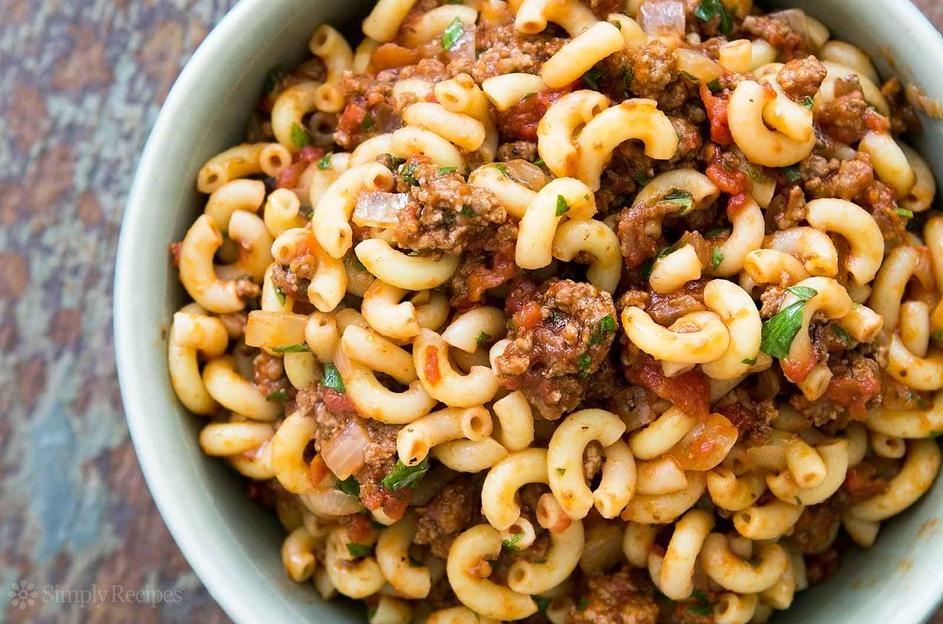
The earliest documented use of “macaroni” in this sense comes from a 1764 letter by Horace Walpole. He described these young men as sporting long curls and spyglasses, which weren’t spy gadgets but rather those handheld telescopes for looking dashing in public.
Macaronis were often mocked for their delicate manners and obsession with appearance. Some critics went as far as to say these men seemed more like women in their affectations, straying far from the traditional English masculine ideal — a grounded, practical, even rugged guy.
In fact, the term “macaroni” acquired a bit of a sting, becoming an epithet aimed at those who prioritized fanciness over substance.
Satire Served Hot: Cartoons, Plays, and Mockery
English society didn’t hold back on lampooning the macaronis. If you peek into 18th-century magazines or archives, you’ll find dozens of satirical cartoons that exaggerate their elaborate wigs and flamboyant attire.
There was even a play called The Macaroni which vividly portrayed macaroni culture. The play depicted macaronis as “contemptible creatures,” essentially accusing them of abandoning English values for foreign airs.
People saw macaronis as symbols of moral decay and effeminacy — the exact opposite of what English masculinity was supposed to be. While the middle-class ideal was sensible and perhaps “oversexed,” macaronis were thought to be excessively preoccupied with dress and manners.
Yankee Doodle’s Use of “Macaroni”: A Yankee Insinuation or Just Silly Fun?
When the song says the Yankee stuck a feather in his cap and “called it macaroni,” it’s poking fun at the colonists’ simplicity. The implication? That Yankee Doodle was naïve enough to think a mere feather equaled that highfalutin, continental flair.
To British ears, that was hilarious. It was an insult wrapped in a tune—mocking the American colonists as unsophisticated bumpkins trying to pass themselves off as fashionable elites. Imagine someone putting on a t-shirt and calling themselves a “fashionista” — that’s the vibe.
It was a clever jab, mocking the colonists for thinking one feather could stand in for buckles, wigs, and silk stockings. They weren’t quite macaroni, just country bumpkins trying to be city slickers.
Macaronis: More Than Meets the Eye
But here’s the twist: fashion historians warn against taking these satirical images at face value. The macaronis probably weren’t walking around looking like bicycles exploded on a wig rack.
They were more likely a tight-knit, elitist group whose style irritated others by flaunting European influences and seeming unpatriotic. The foppish image was as much a social statement as it was a real fashion trend.
So “macaroni” stood for more than just clothes and curls — it symbolized a clash of values. On one side, you had traditional English masculinity: straightforward, pragmatic, and reserved. On the other, the macaroni epitomized refined, almost theatrical airs picked up abroad.
Why Should We Care About “Macaroni” Today?
Well, understanding “macaroni” sheds light on the culture war of 18th-century England and colonial America. The word captures conflicts over identity, class, and fashion that still resonate.
What’s today’s equivalent of “macaroni”? Perhaps influencers with flashy brands or trendsetters flaunting the latest styles. The tension between embracing global fashion trends and sticking to “local” values is timeless.
Next time you sing “Yankee Doodle,” remember: that feather in the cap isn’t just fluff. It’s a historical poke at pretension, a reminder that style and identity have always been linked—and sometimes contested.
Final Taste of “Macaroni”
“Macaroni” in the song is a witty shorthand for a fancy, exotic style that represented elitism and fashion-forwardness in 18th-century Britain. It mocks the colonists’ simple attempts at sophistication.
So, the next time someone asks you about the “macaroni” in Yankee Doodle, you’ll know: it’s not about pasta but a cheeky cultural dig disguised in song. And that makes history a little more delicious, wouldn’t you say?
